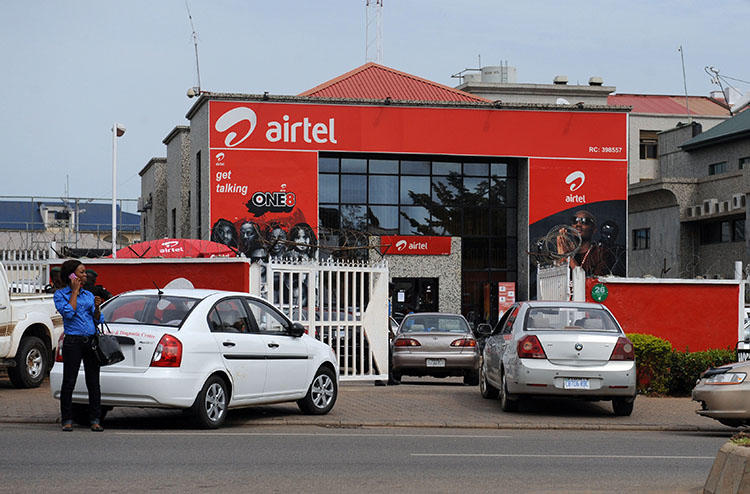Laws and Rights Awareness Initiative, a Nigerian nongovernmental organization, filed a lawsuit on February 25 against the Nigerian Communications Commission (NCC) over regulations granting warrantless access to telecom subscribers’ information, including “call data.” The suit claims that accessing the information “violates and will likely further violate” Nigerians’ constitutional right to privacy, according to a copy of the suit reviewed by CPJ.
Submitted to a federal high court in Abuja, Nigeria’s capital, the lawsuit requests that the court declare the communications regulation unconstitutional and order the relevant sections removed. Section 8 of Nigeria’s “Enforcement Process” regulations permits police or other relevant authorities to obtain the “call data,” which includes the location, time, and numbers used in regular phone calls and SMS messages, without a judicial warrant, according to CPJ reporting and a review of the regulation, which is published on the NCC website.
As an alternative, the suit requests a declaration from the court and an injunction requiring authorities to obtain a court order before accessing telecom subscribers’ information.
CPJ reporting detailing how Nigeria’s police used call data to lure and arrest journalists in three cases since 2017 was referenced in the suit and submitted to the court as supporting evidence, according to Olumide Babalola, a lawyer for Laws and Rights Awareness Initiative who spoke to CPJ over the phone, and CPJ’s review of the lawsuit.
In November 2019, CPJ spoke with NCC spokesperson Henry Nkemadu and upon his request emailed questions about the regulations mentioned in the lawsuit, but received no response.
The lawsuit can be read here.
